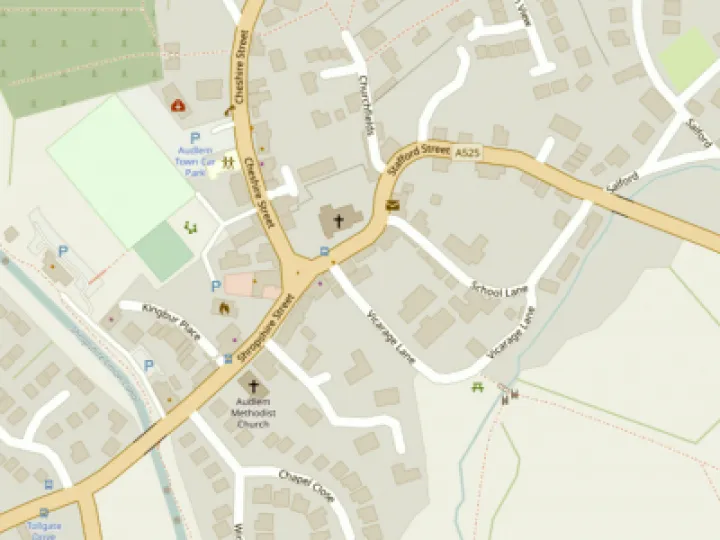







The 2nd of August 1894
Death Duties may seem a rather dry topic in a history littered with war, murder and invention, but Lord Rosebery's Chancellor of the Exchequer Sir William Harcourt's introduction of this measure was a landmark in how we are taxed.
Harcourt faced a not infrequent government problem – a major deficit. In his case he had to try to plug a £4 million hole in our finances. Equally unsurprisingly he chose among other routes to increase the duty on beer and spirits. But the most important and far-reaching of his acts concerned death duties.
Since the late 17th century probate taxes, inheritance taxes, and other related duties had impacted on estates, successive governments tinkering and adding here and there.
Harcourt chose to simplify the system – a lesson Gordon Brown among others failed to learn – by including all property (land, funds, goods) in the calculation; to tax the estate rather than the legacies it provided; and to make the tax progressive. This latter point was not a complete novelty in Britain, but Harcourt's death duties were the first great application of the principle.
"The most remarkable circumstance in the history of these financial proposals will be the decision of the House of Commons of the general principle of graduation. No doubt it will be the turning point in the history of the finance of this country," said Sir William to the Commons.
The principle stuck; but sadly it was not a fiscal panacea. It did, however, have the effect of breaking up many large estates at a time when the rich in this country were not able to avoid taxation.
This article is from our news archive. As a result pictures or videos originally associated with it may have been removed and some of the content may no longer be accurate or relevant.
Get In Touch
AudlemOnline is powered by our active community.
Please send us your news and views using the button below:
Email: editor@audlem.org





